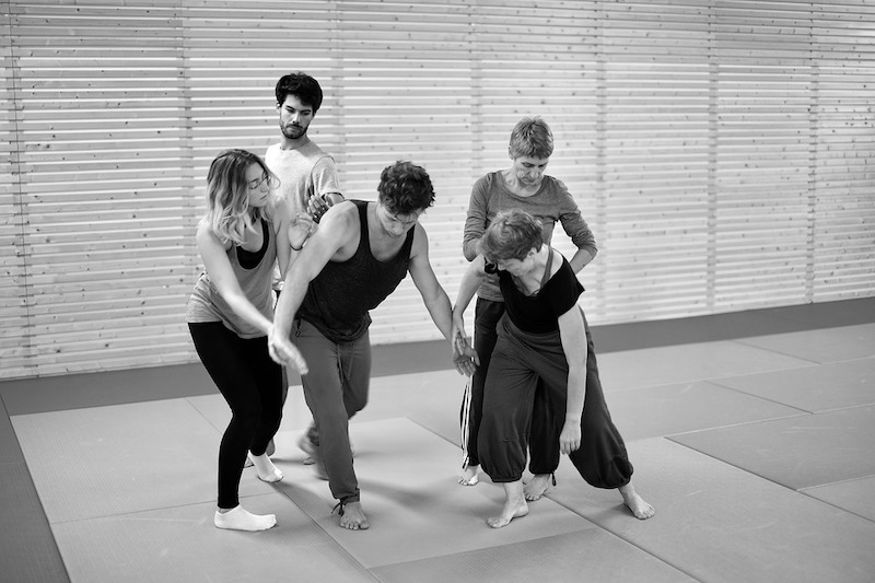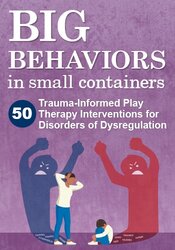Enrol in an online course today for flexible, self-paced learning—no fixed schedule required. Plus, enjoy lifetime access to course materials for convenient revisiting.
Embodied Perspectives in Psychotherapy

We live in a culture that privileges cognition and language, so it is easy to disconnect from our body’s natural, deep intelligence. This may prevent us having access to the full, animated spectrum of human experience. All that we experience is felt through our body. Our emotions, relationships and thoughts are recognised, and responded to, by our body. Listening through our body can bring ‘present moment awareness’ to parts of ourselves that are beyond cognition and conceptual thought. Solely talking about issues can prevent us from becoming aware of how to live in the moment, to be fully ‘present’. My research with Susan Brooks has shown that when people pay mindful attention to their body’s experience, they recover faster, become more compassionate and are empowered to self-manage their condition.
This embodied, enactive approach to psychotherapy is a new, exciting, emergent field. Professionals including counsellors, psychotherapists, arts therapists, doctors, psychologists, neuroscientists, and researchers in the health care and wellbeing fields are becoming more aware of the role the body plays in creating, inhibiting or transforming emotional distress. Methods for transforming the relationship with the body in a holistic way can be learned, releasing more life force energy, creativity and resilience on a sustained basis.
What is embodiment?
This term can be confusing as there are so many definitions. One of the agreed main assumptions of embodiment is that it is bi-directional between subjective experience (e.g. of an emotion or situation) and the body’s sensations and movements participating in this experience. Hence, the way we move not only affects how others understand our non-verbal expression, it also provides us with kinesthetic feedback that helps us perceive and identify e.g. emotions.
In the new Routledge International Handbook on Embodied Perspective in Psychotherapy, two main approaches are discussed: dance movement psychotherapy (DMP) and body psychotherapy (BP). Although there were some connections between early dance therapists and Wilhelm Reich, and conversely some body psychotherapists studied with e.g. dance theorist Rudolf von Laban, the two are considered separate fields of psychotherapeutic practice.
I have defined dance movement psychotherapy as an animate, active form of embodied communication, or inter-corporeality, which can be understood as the vehicle for the co-creation of the therapeutic alliance whereby there is an interplay between therapist and client.
On the other hand, BP (sometimes termed somatic psychotherapy in the USA) is a psychotherapeutic practice derived from theories of psychoanalysis, developmental psychology, biological neuroscience and attachment theory.
All therapists can benefit from employing embodied perspectives in their practice
You do not need to train in BP or DMP to be able to bring the bodymind into your practice. However, being proactive in creating a deeper connection and positive relationship with your body does need practice. Here is an easy practice to help align you more deeply to your body:
Take a short two minute pause each day at a specific time to practice listening to your body, hear that inner voice, trust it and include its guidance to strengthen your intuition. For example, being ‘in the moving moment’ as you are walking up or down the stairs can help you to discover things of which you are unaware. Being ‘present to yourself in action’ teaches you how to listen and learn from your body’s subtle cues. This can increase your self-awareness and creative problem solving whereby an integration of body, mind and spiritual health is facilitated.
When coping with clients with disturbing content and /or painful emotions, your body consciousness is available to you. It may act as a useful ally and safe container for the therapeutic dialogue if you can attune and be present to your bodily experience whilst also being present to your client. The information gleaned by attending to your bodily responses may help you to understand what might be happening in the therapeutic relationship or in the inner, unspoken, unconscious world of the client.
You can also help clients to tune into their body, to notice any communication through sensation, posture or gesture, and support them to interpret their body-felt experience to find meaning. In changing their internal conversation, perspectives can change to reveal what might need to be transformed. Seeing things from this new ‘body felt’ position may offer insights, creativity and solutions otherwise unavailable.
The Routledge International Handbook of Embodied Perspectives in Psychotherapy: Approaches from Dance Movement and Body Psychotherapies is published by Routledge. Helen facilitates authentic movement circles that help to cultivate bodily presence and a deeper connection with self and others – for more information, email her at H.L.Payne@herts.ac.uk

















